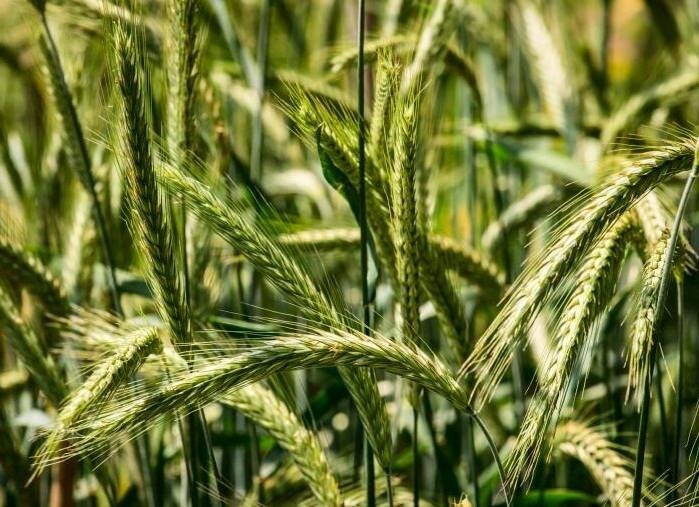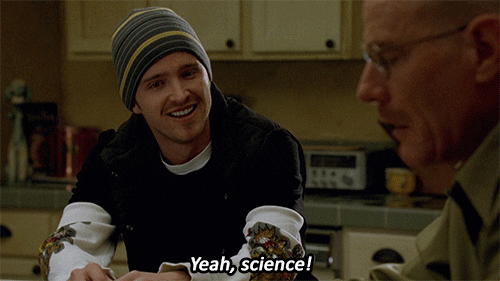Rye: An Origin Story
Image courtest of: https://balconygardenweb.com/planting-and-growing-rye-how-to-grow-rye/
Rye is hands down my favorite grain to work with. Its scent, heady with cherry notes, and beautifully nuanced flavors of OMGYES! always keeps me coming back for more! Every. Single. Time. So what is rye, exactly, and how did it come to occupy its niche place in the global culinary world?
Like all grains, rye (Secale cereale) is the seed of a cereal grass. Related to wheat and barley, rye originally hails from Anatolia (now called Turkey), where it natively grows wild (and cultivated). Of course, rye eventually spreads far and wide, thanks to Roman focus on colonizing the known world, but mostly takes hold in Central and Eastern Europe. We first see evidence of its presence in Europe during the Bronze age, but during the Imperial Roman period, rye was mostly used as a starvation food, similarly to how acorns tend to be in modernity (or the ZomPoc).
This dude really, really hated rye. We can’t all be perfect, I suppose.
Image courtesy of: https://www.laphamsquarterly.org/contributors/pliny-elder
By the Middle Ages, rye really grabs a foothold in the cereals department. Not so if you go to the grocery store these days, but back then yes. Rye has some distinctive advantages over wheat, primarily its ability to handle a lot of different conditions. You can grow it in many forms of poor soil, and you grow it in the winter. Not like, Arctic Circle winter, but normal uh… southern Northern European winters. By the late Viking Age, rye was being grown in Denmark and southern Sweden, allowing for lower instances of famine because food types you normally couldn’t grow in winter could be. This is, to contemporary peoples, a nearly incomprehensible concept because we simply don’t starve during February while we’re waiting for spring growth anymore. But for real, one of the full moons of the year (usually in February, but can be January) is actually called the Hunger Moon.
So, if rye has gluten, why can’t you get the kinds of big, fluffy loaves with an all-rye that you can with wheat? Because SCIENCE!
Gluten, as we discussed in more detail in the wheat post, is primarily a combination of two proteins: gliadin and glutenin. So let’s quickly go over that with respect to what this means for rye. Rye is high in water-insoluable gliadin, which is the protein people with Celiac disease cannot process. “Celiac” really means, “I am intolerant to the α, β, and γ forms of gliadin.” It’s low in glutenin, which is the protein responsible for the strength and structure of common wheat breads. So while we often think of rye as not really having gluten due to how low-quality gluten it possesses, it really does have it in there. Just not the type of gluten that makes the big, fluffy loaves we’ve grown accustomed to in modernity.
What can you do about that? Not much, if you want a fluffy rye loaf, other than to mix in some common wheat. Don’t try to use an ancient-type wheat, because they don’t have enough either - they weren’t selectively bred (think pre-lab conditions GMO here) to make that kind of bread. Often I make mixed grain ryes, but mainly when I’m dying for a good Reuben or my kid wants both rye and a tall loaf. The rest of the time, as you’ll see on Wednesday, I really do prefer to let it shine. I had a hard time typing while dancing in my seat to the video below, so I thought y’all might want to bask in all its glory as well as we contemplate the very real glory of rye.




